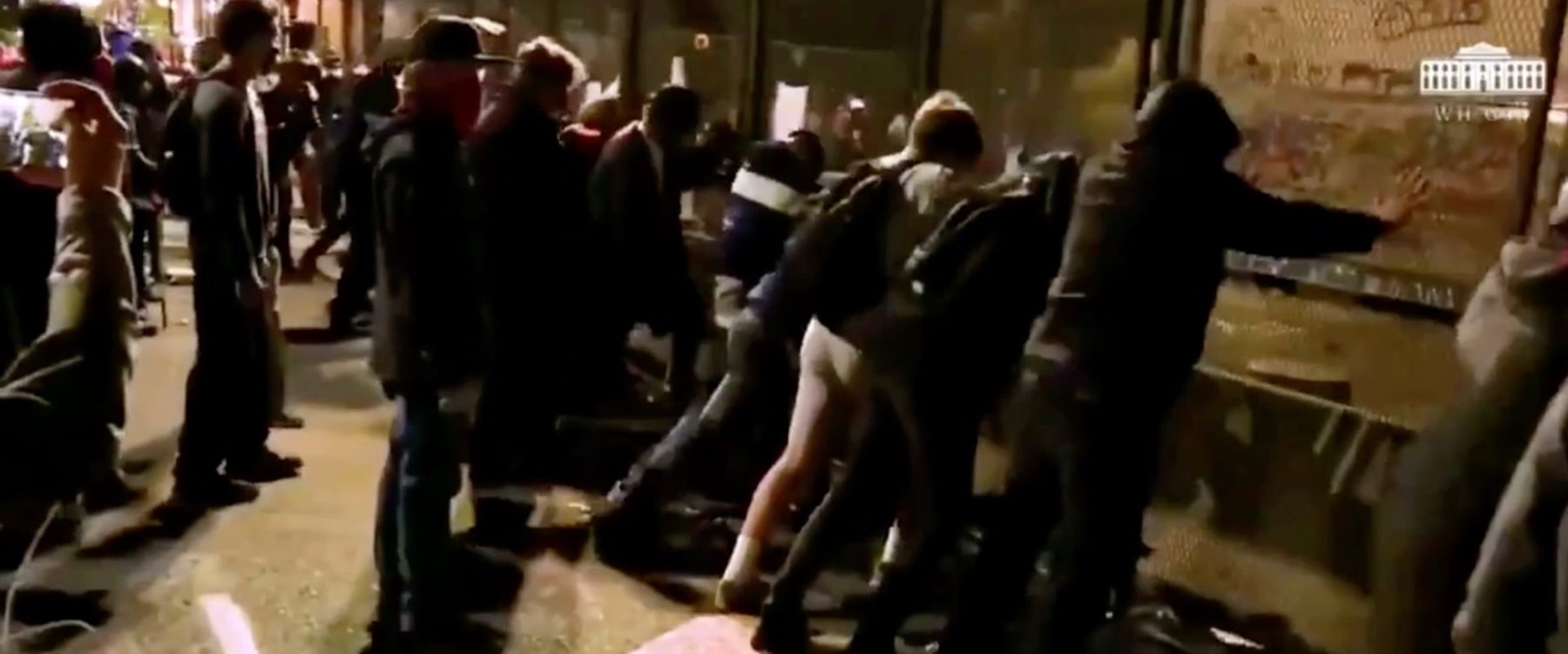A group of Oregon Democratic lawmakers has introduced legislation seeking to limit the federal executive branch’s ability to deploy the Oregon National Guard. Their actions will raise many questions about constitutional authority and federalism, especially in the wake of Antifa and anti-ICE riots in Portland recently, as well as in Los Angeles.
The bill aims to prevent federal deployment of the Guard in ways that could hinder its availability for state emergencies, such as wildfires. It also outlines specific duties the Guard could and could not perform, particularly in the context of civil unrest. The effort appears to be a response to President Donald Trump’s decision to federalize the California National Guard during recent protests and violent riots targeting Immigration and Customs Enforcement facilities in Los Angeles.
In Portland, anti-ICE protests have held the ICE facilities in a state of siege since the weekend, and protesters have damaged federal property and injured officers, with little help coming from Portland police, who have taken a hands-off approach and left federal officers to fend for themselves.
The legislation may run afoul of the US Constitution, however. At the center of the debate are the Supremacy Clause (Article VI, Clause 2) and the Militia Clauses (Article I, Section 8, Clauses 15–16), which grant the federal government broad authority over state militias, including the National Guard.
Under the Supremacy Clause, any state law that conflicts with federal law is preempted. That includes attempts to limit the President’s authority to federalize the National Guard in emergencies.
In Perpich v. Department of Defense, the Supreme Court in 1990 upheld the federal government’s right to deploy the National Guard for overseas training missions even over state objections. That case reaffirmed the dual federal-state nature of the Guard, but made clear that when federalized, the Guard is under federal control.
Legislative summaries of the Oregon bill indicate it would:
- Prevent the Oregon National Guard from being deployed in a manner that reduces its capacity to respond to in-state emergencies.
- Restrict deployment for crowd control or law enforcement activities related to civil demonstrations, unless authorized by the governor.
The bill sponsors say they want to protect Oregon’s emergency response capabilities and guards against politically motivated federal deployments.
Then there’s the Posse Comitatus Act, which generally prohibits the use of federal military forces for domestic law enforcement without Congressional authorization.
Yet, the National Guard is not bound by that law when under state control, and when under federal control, there are exceptions that apply, such as the Insurrection Act.
In 2020, similar riots in Portland led to the deployment of federal officers, but not National Guard troops. Courts ultimately upheld the federal role in protecting federal property.
In 2024, about 230 members of the Oregon Army National Guard’s 2nd Battalion, 218th Field Artillery Regiment, were sent on a year-long deployment to the Middle East to support Operation Inherent Resolve.
The Oregon Legislature is expected to take up debate on the bill later this summer. If passed, it is likely to face immediate constitutional challenges in court.
